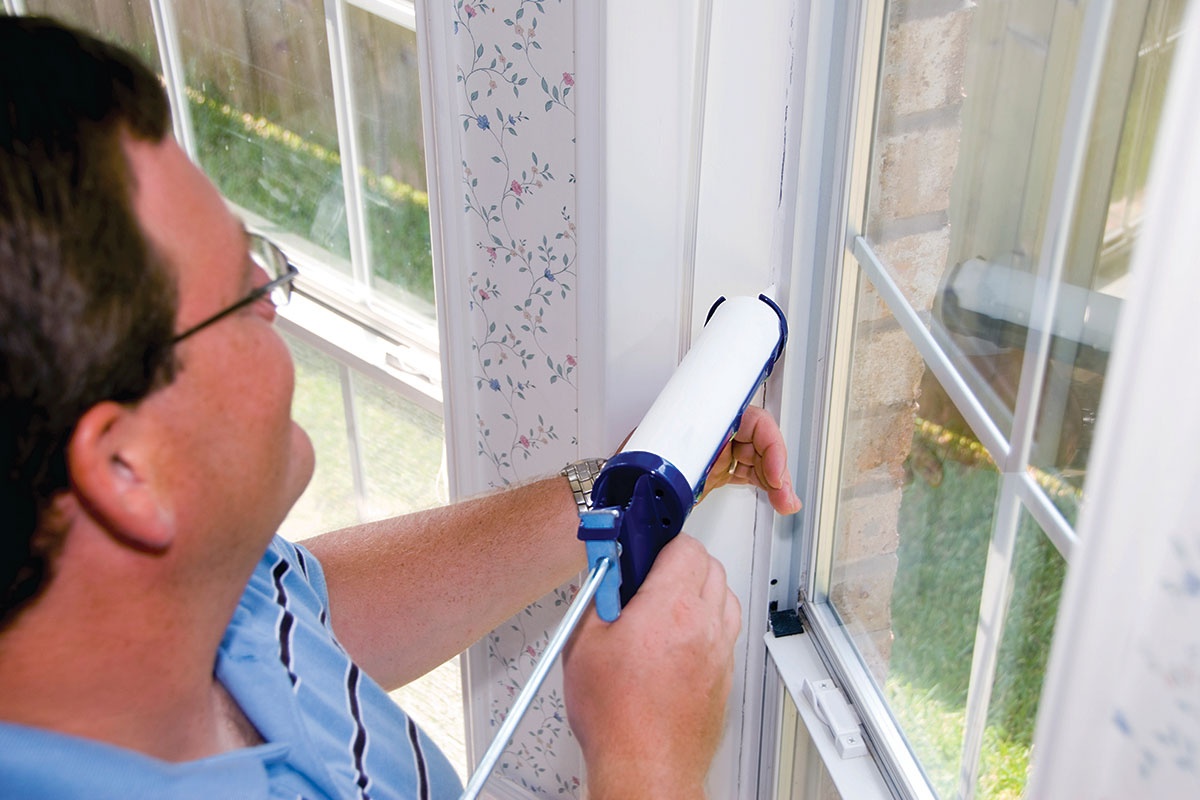Whether your home is old or new, it’s likely that you’re spending more on energy than necessary.
You can conduct a baseline energy audit of your home to identify where you are losing energy (and money). Use a checklist and take notes on problems you find as you walk through your home. Here are some ways to get started:
Insulation and air leaks/drafts: Improving your home’s insulation and sealing air leaks are the most cost-effective ways to reduce energy waste, according to the U.S. Department of Energy. Is there sufficient insulation in the attic? Are the openings that contain piping, ductwork and the chimney sealed? Are there changes in temperature where walls meet ceilings or floors, or around windows and outlets?
Electronic devices: Take an inventory of the electronic devices you have and how often you use them. Computers, printers, DVD players, phones and gaming consoles are notorious “vampire power” users; they drain energy even when not in use. If items can be turned off without requiring a lengthy reboot, plug them into a power strip that can be turned off.
Lighting: Replace incandescent lightbulbs with compact fluorescent lightbulbs or light-emitting diodes. Install motion-sensor lights in any low-use area such as a closet, porch or garage. Consider replacing night-lights with LEDs.
Thermostat/indoor temperature: Do you have a programmable thermostat? When was the last time it was programmed? Is it set so the temperature is lower during times when no one is home, and at night when people are sleeping? Consider lowering the temperature a few degrees.
Appliances, timing and maintenance: If your appliances are more than 10 years old, they are likely not as energy efficient as today’s options. How and when you use them also makes a difference. Do you wash clothes in hot water, or can you use cold instead? Consider running your washer, dryer or dishwasher at night, during off-peak times. Does your water heater have a blanket? If not, consider insulating it. Make sure the dryer vent isn’t blocked; this will save energy and also could prevent a fire.
Evaluation: Once you have completed the audit, take a look at your findings. Prioritize actions you can take based on your time and budget, weighing where you can get the most impact for your investment.


